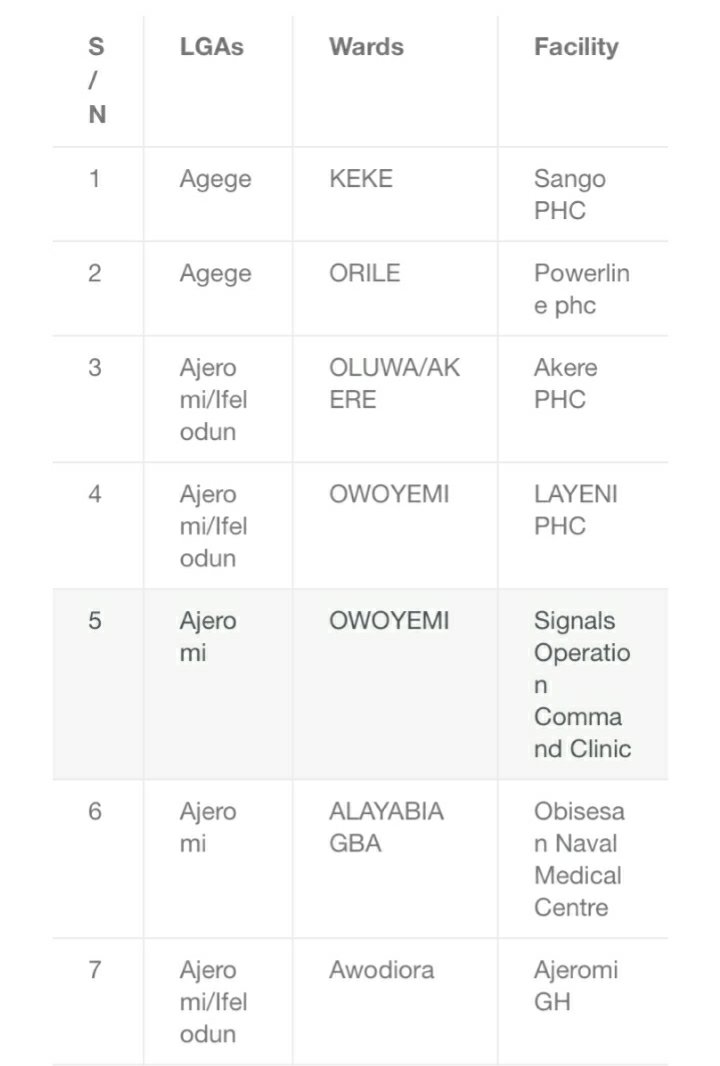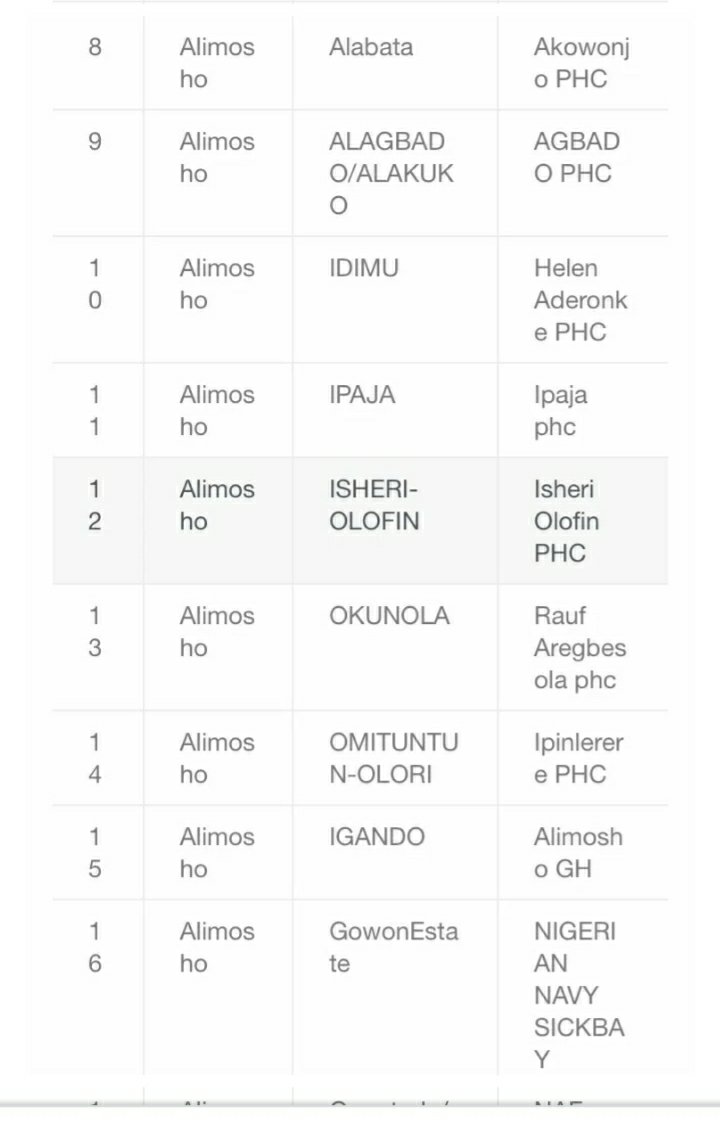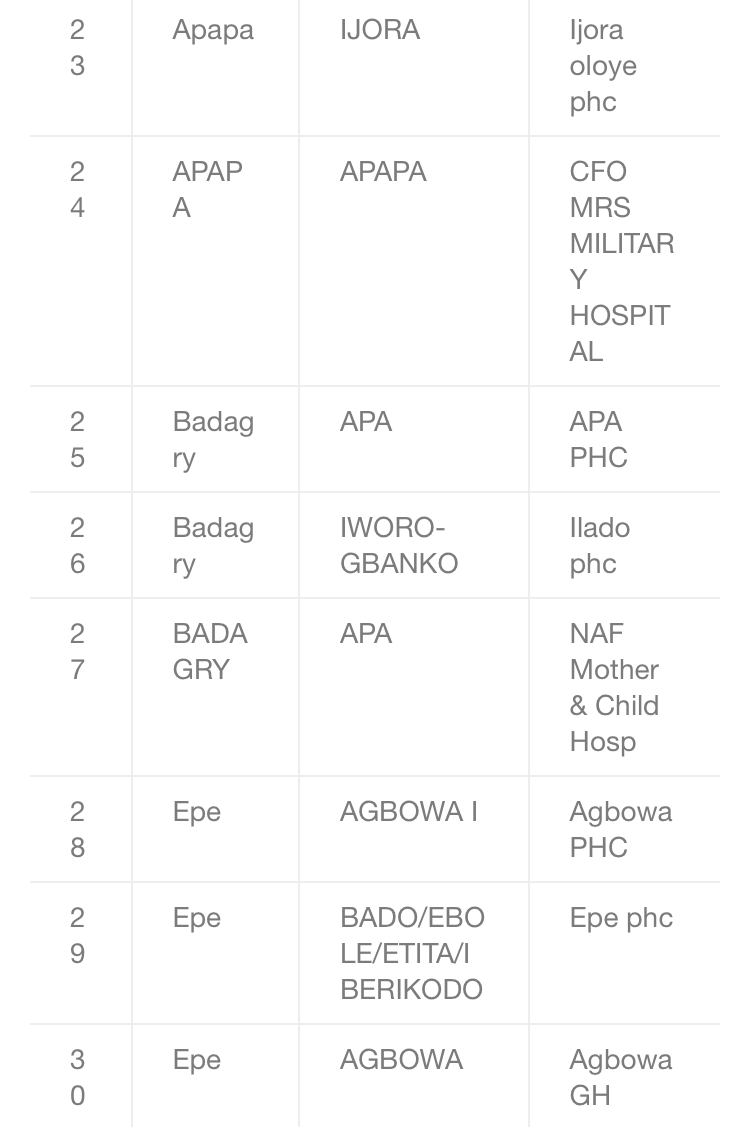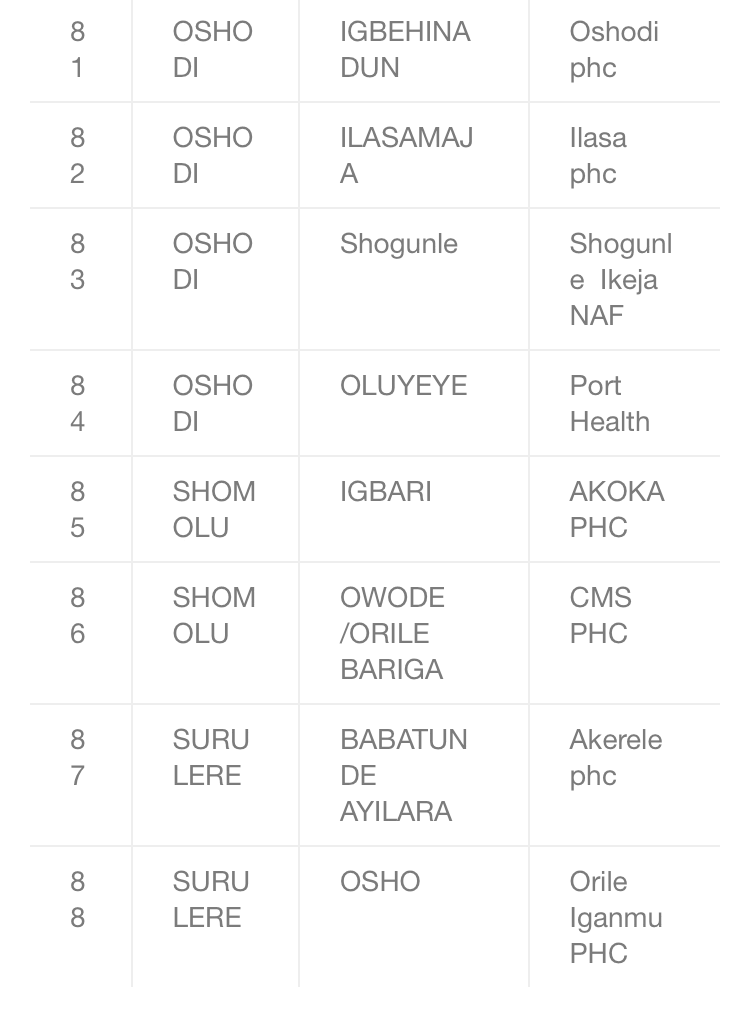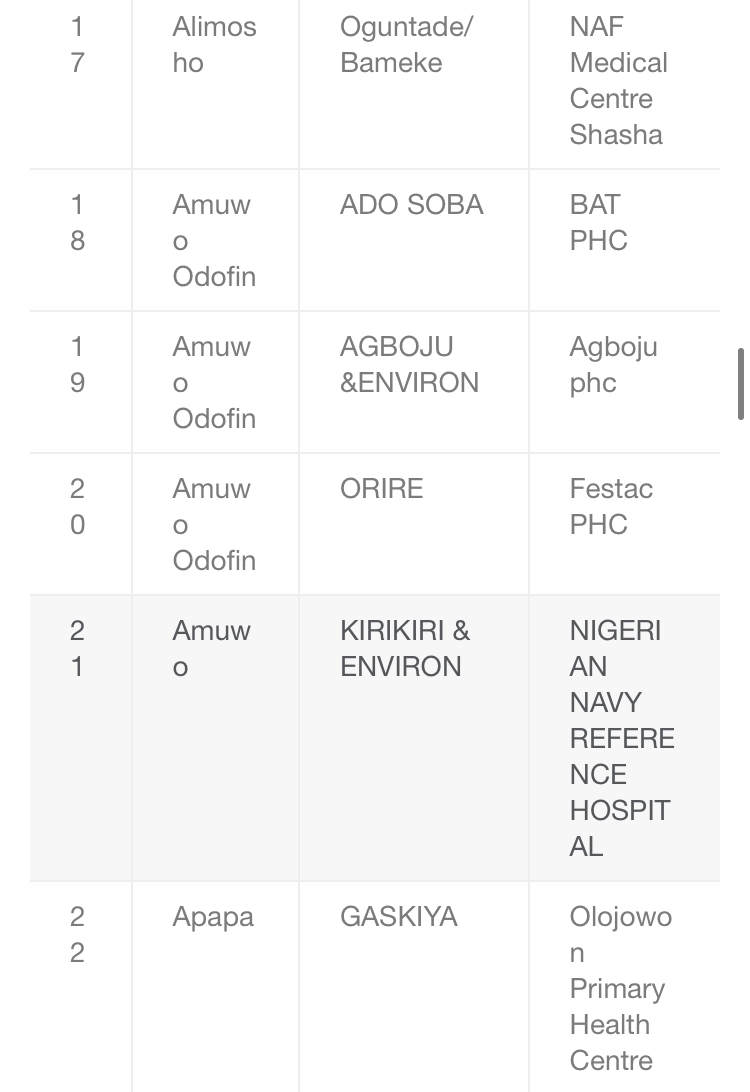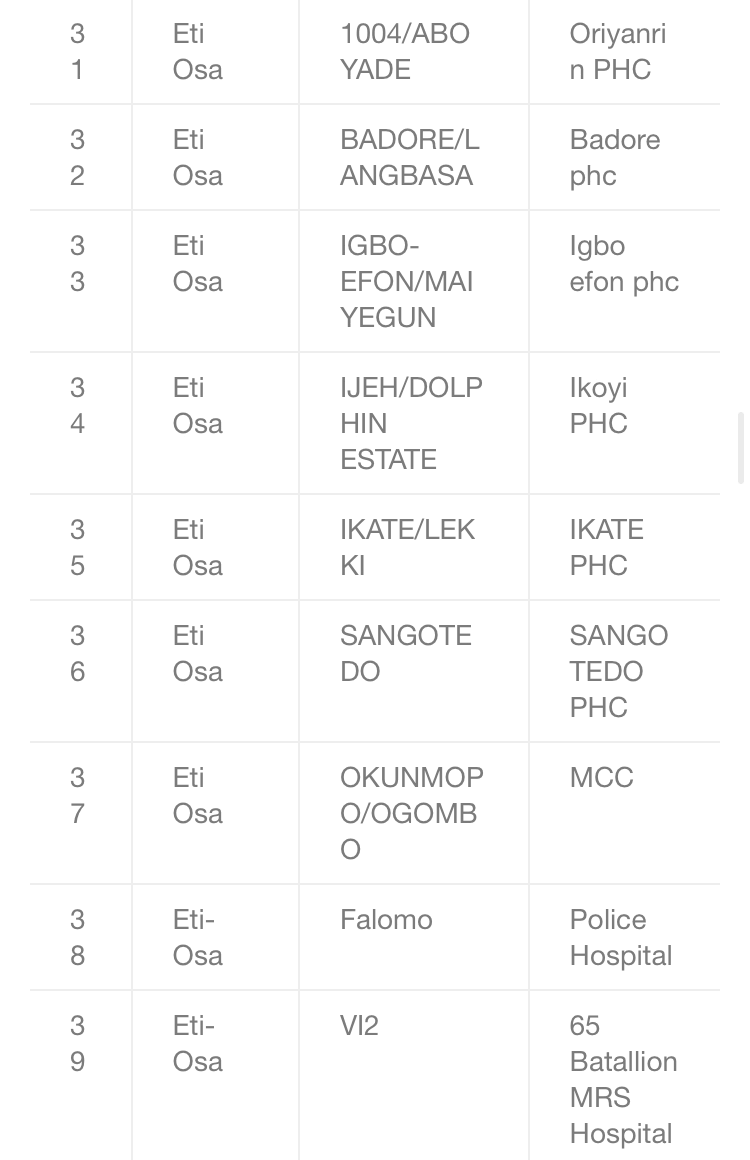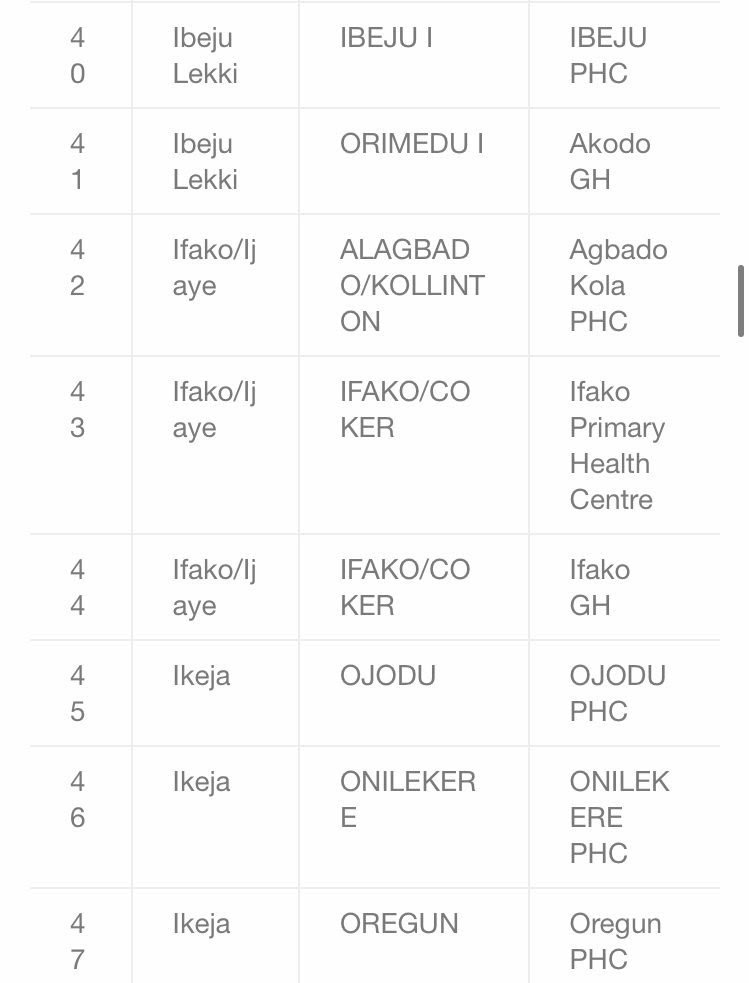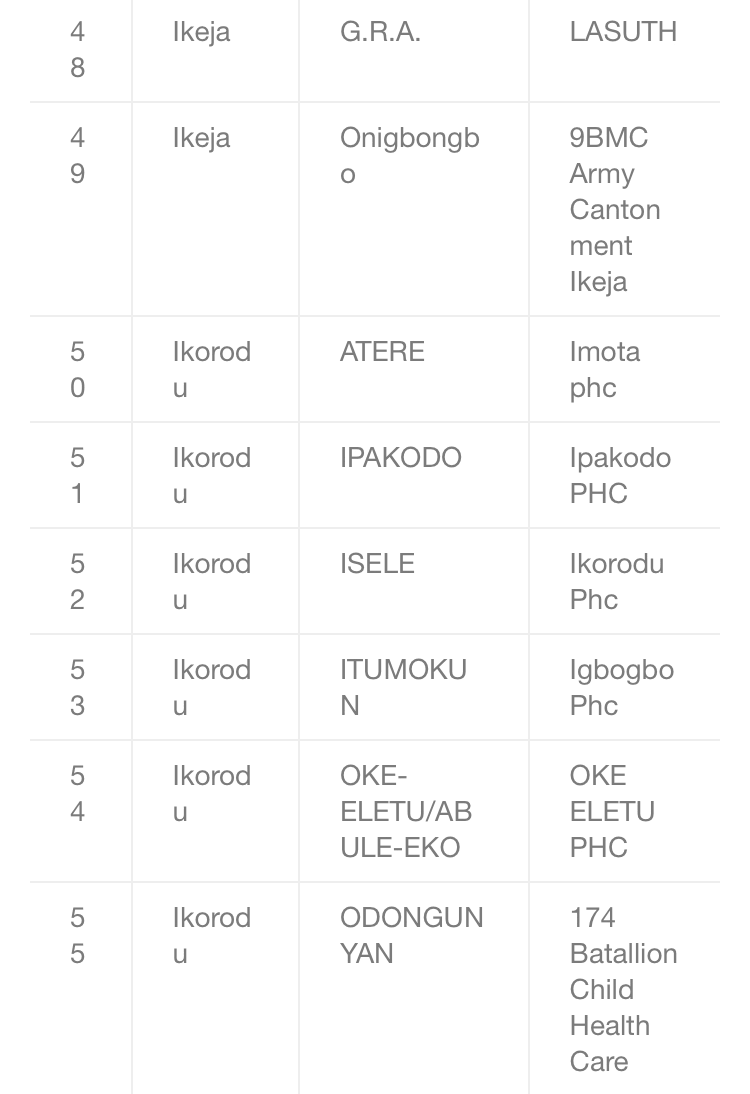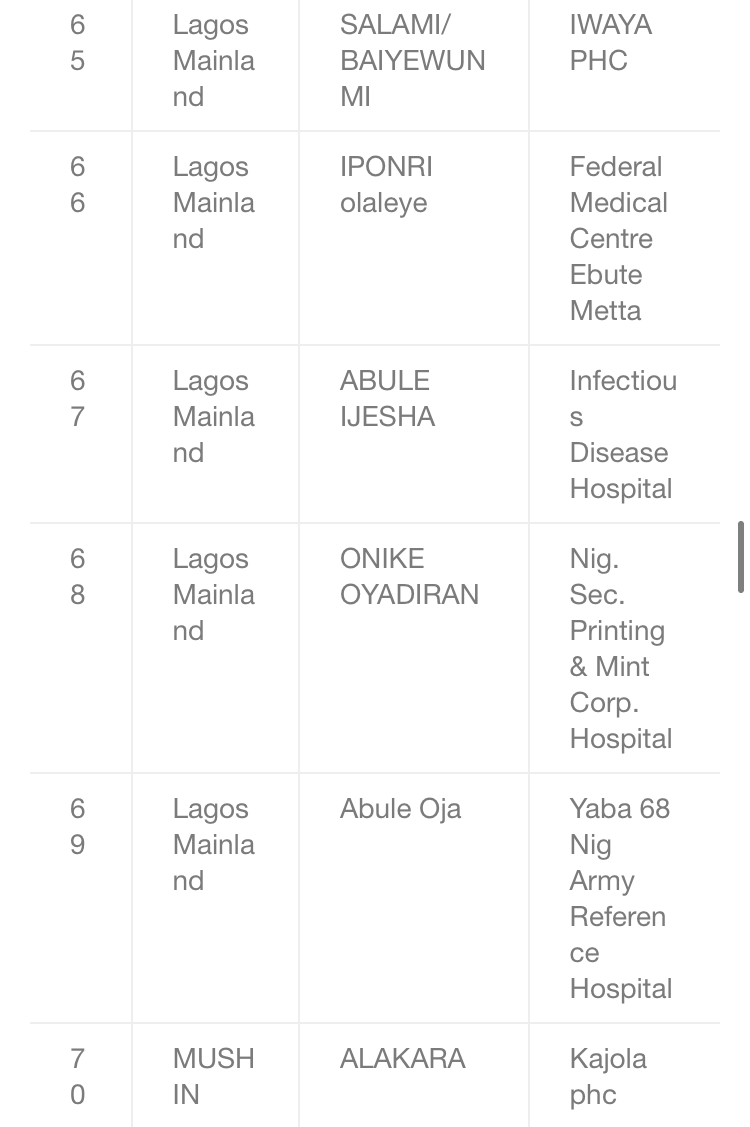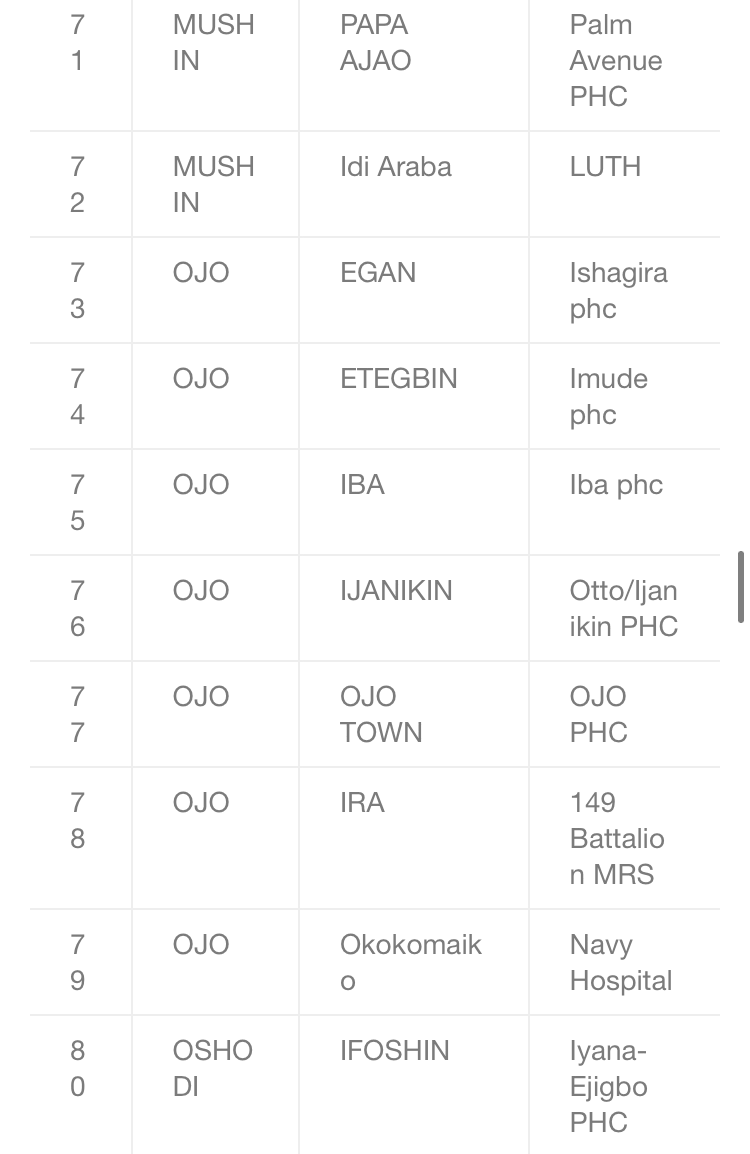Nigerian banks
and telecommunication companies will realise at least N564 million in
the next 12 months as proceeds from the new mobile banking fee approved
by the Central Bank of Nigeria, according to PREMIUM TIMES estimates.The CBN and the Nigerian Communications Commission this week settled a prolonged row between banks and telcos by imposing a new fee for the banks’ short-code service, known as USSD, which allows millions of Nigerians to use their mobile phones to access financial services daily.
The Association of Licensed Telecommunication Operators of Nigeria (ALTON) said its members were owed N42 billion by banks and threatened to suspend the service.
Starting Tuesday, March 16, subscribers now pay a flat rate of N6.98 each time they use the USSD for banking transactions, the CBN said, a move that has angered customers and alarmed advocates of financial inclusion.
The regulators claimed the billing will “ensure a much cheaper average cost for customers to enhance financial inclusion”.
“To promote transparency in its administration, the new USSD charges will be collected on behalf of MNOs directly from customers’ bank accounts,” the CBN said.
A PREMIUM TIMES examination shows the parties involved will realise
at least N564 million annually from the deal that has pushed the burden
of payment to customers.
The estimates are based on the volume of mobile banking transactions in the country as reported by the central bank.
Its latest data for 2018 show that mobile payments in Nigeria stood
at 59.9 million that year. The country recorded 43.9 million
transactions in 2015, 47.1 million in 2016 and 47.8 million in 2017.
As of 2018, mobile banking took only a little slice of the country’s
total e-payments. The ATM was the most patronised with 68.3 per cent,
followed by PoS terminals and mobile payments with 23.1 and 4.6 per cent
respectively.
Mobile payments have since exploded in the country with more people
owning phones and the government introducing a financial inclusion
initiative.
If a conservative growth rate of 35 per cent is taken between 2018
and 2021 (mobile transactions grew at 36.4 per cent between 2015 and
2018), it would mean the total number of mobile transactions in the
country by 2021 would be at least 80.8 million.
That totals N564 million at N6.98 per transaction.
The amount is likely to be higher as the CBN acknowledged its data
for mobile transactions were based on only mobile money operators that
uploaded data to its database within a certain timeframe.
Financial Inclusion
The new charge is good news for Nigeria’s mega-profiting financial
institutions and telecom companies, who many Nigerians view as deft at
taking advantage of lax regulation to bill customers. But it has riled
those pressing for more financial inclusion.
“An attack on USSD
is an attack against the poor people. CBN didn’t think that one through
at all,” a Twitter user, Oloye, wrote Tuesday. “Those who do not have
access to smartphones are the ones most affected by USSD costs, i.e the poor.”
By December 2018, the percentage of banked adult Nigerians stood at
39.7, according to the CBN. The results were most dismal in the
North-west, where 56, 70 and 62 per cent of adults were not financially
included in 2014, 2016 and 2018 respectively. In the South West, the
figures were 25, 18, and 19 per cent for those years.
The charge adds to a host of other fees paid by customers for
financial service, critics note. For a single transaction, a customer
would now pay for the USSD, SMS alert, interbank transfer and stamp duty. They also cover monthly ATM maintenance and transfer fees.














